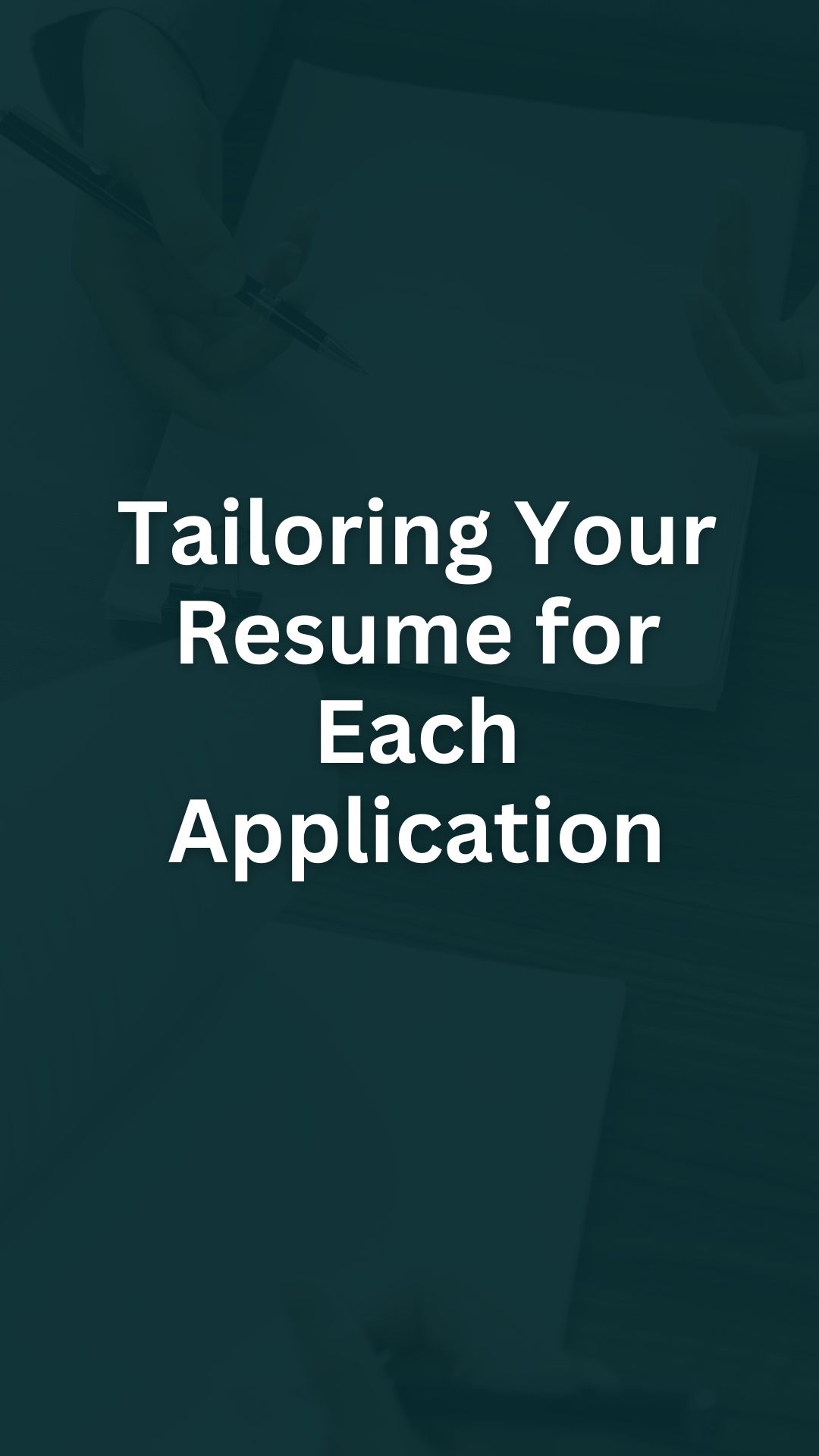Writing a resume for healthcare jobs can feel overwhelming, but it doesn’t have to be. By focusing on a few key elements, you can create a resume that stands out.
Showcase your clinical skills and certifications prominently to catch the recruiter’s eye.
When listing your experience, emphasize your roles in patient care and any special duties you handled.
Employers want to know about your ability to manage patients and work in a high-stress environment. Highlighting these experiences shows your readiness for the job.
Tailor your resume to each job application by using keywords from the job posting. This helps your resume pass through applicant tracking systems and gets your application seen by human eyes.
Adjusting your resume for each job proves you’re the perfect fit for the role.
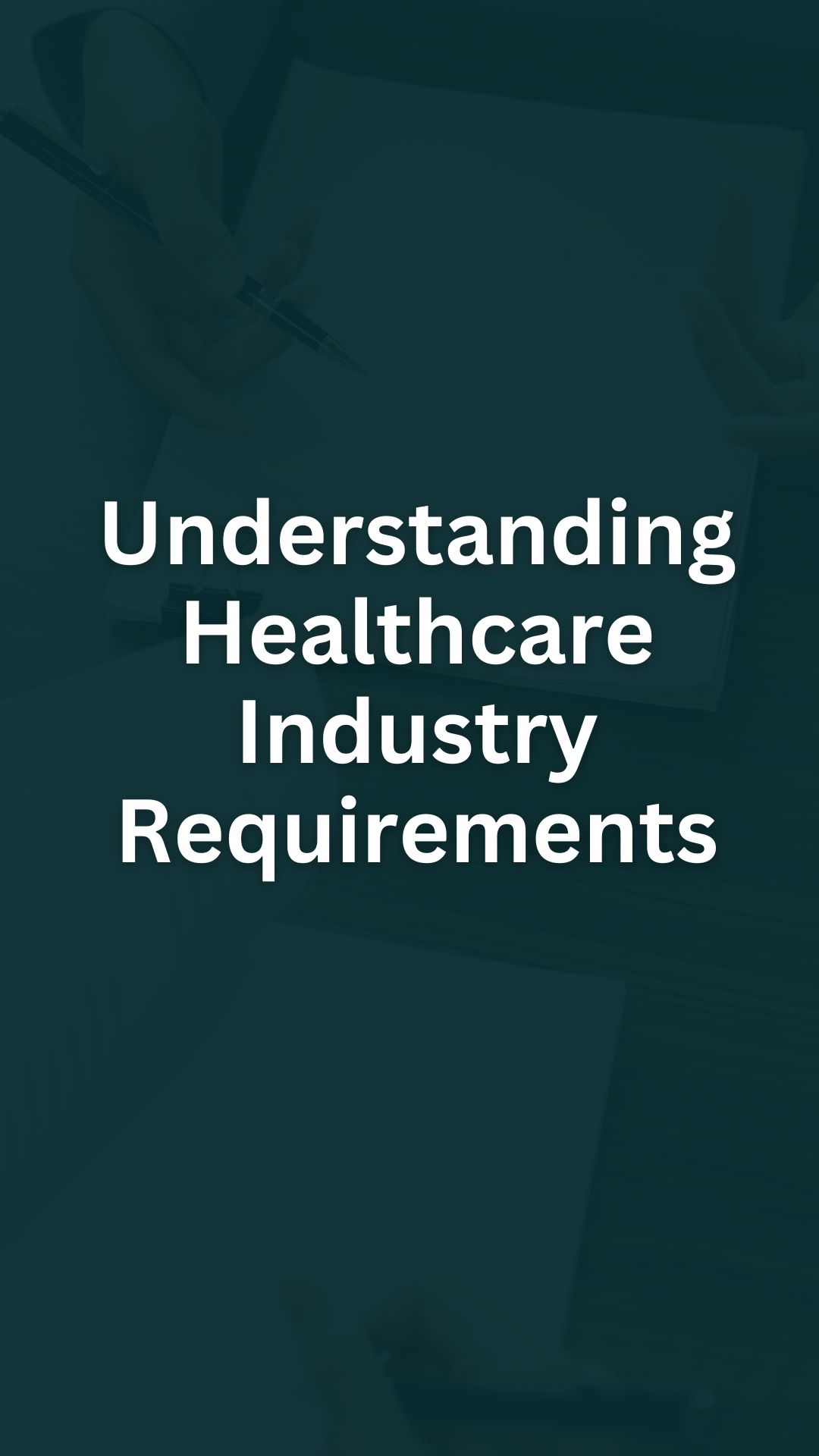
Understanding Healthcare Industry Requirements
To land a job in healthcare, you need to know the industry requirements. Healthcare has specific needs and standards that you must meet to stand out.
Educational Qualifications:
Most healthcare jobs require you to have certain educational qualifications. Nurses usually need a nursing degree, while doctors need a medical degree. Certifications may also be required in many roles.
Licensing and Certifications:
In many health sectors, you need a license to practice. Make sure you have the necessary certifications or licenses. This can include CPR certification, a state nursing license, or board certification for doctors.
Skills and Competencies:
Healthcare jobs require specific skills. You should have strong communication skills, empathy, and attention to detail. Technical skills might be needed too, like knowledge of medical software or equipment.
Experience:
Experience is often a key requirement. Internships, volunteer work, or previous job experience in healthcare can be very valuable.
Physical and Emotional Stamina:
Working in healthcare can be demanding. You need physical stamina for long shifts and emotional strength to deal with stressful situations.
Background Checks and Health Clearances:
Many healthcare employers conduct background checks and require health clearances. Be prepared for drug tests and criminal record checks.
Continuing Education:
You must be committed to lifelong learning. Keeping up with new medical developments and continuing your education is often required.
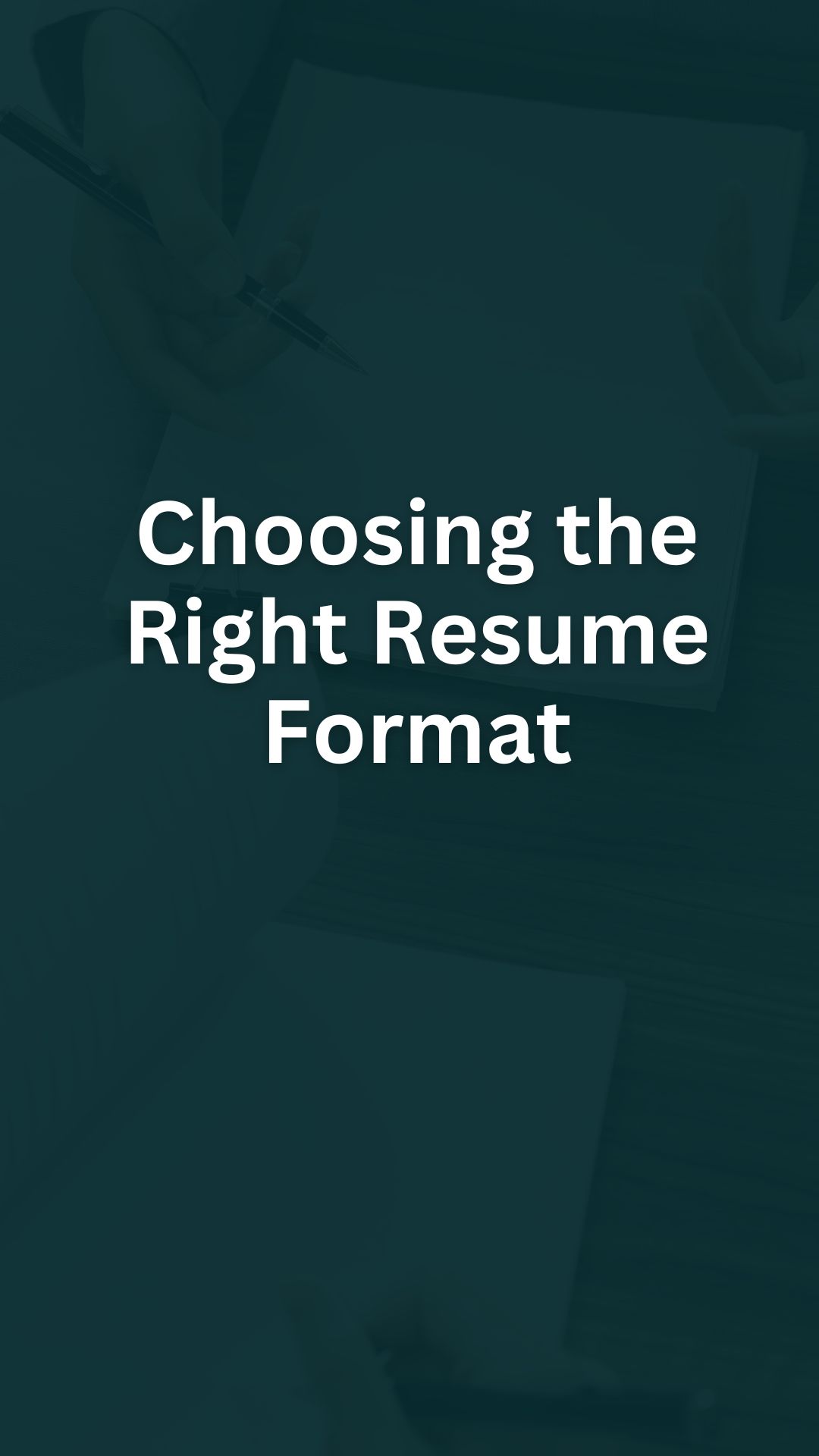
Choosing the Right Resume Format
Choosing the best format for your healthcare resume is key. Each type has its own strengths and works best for different situations. Here’s how to pick the right one.
Chronological Resume
A chronological resume lists your work history in order, starting with your most recent job. This format is great if you have a solid work history in healthcare.
- Pros:
- Easy to read: Employers can quickly see your career progress.
- Highlights experience: Your most recent jobs and achievements are at the top.
- Cons:
- Gaps are noticeable: Employment gaps stand out.
- Less focus on skills: If you’re switching fields, this might not showcase your skills well.
Use this format if you have a steady, relevant work history in healthcare.
Functional Resume
A functional resume highlights your skills and abilities rather than your work history. This is useful if you have gaps in employment or are changing careers.
- Pros:
- Focus on skills: Emphasizes what you can do, not when you did it.
- Hides employment gaps: Less emphasis on when you worked.
- Cons:
- Less common: Employers might find it confusing.
- Lack of experience: Doesn’t highlight your job experience as well.
This format can be useful if you are shifting into healthcare from another field or have key skills but few jobs to list.
Combination Resume
The combination resume merges aspects of the chronological and functional formats. It starts with a summary of your skills followed by your work history.
- Pros:
- Balanced approach: Showcases both your skills and your job history.
- Flexible: Can be tailored to fit different situations.
- Cons:
- Longer: Can be more detailed and lengthy.
- Requires effort: Needs careful planning to balance both sections equally.
Choose this format to get the best of both worlds if you have strong skills and relevant job experience in healthcare.

Crafting a Compelling Professional Profile
Your professional profile is one of the first things hiring managers see on your resume. Make it count!
Start strong. Use powerful adjectives and verbs. Are you dedicated, hardworking, or passionate about patient care? Let it show!
Be specific. Mention your key skills and experiences that make you perfect for healthcare jobs. Do you have experience with patient management? Highlight it briefly.
Keep it brief. Your profile should be 3-4 sentences long. Just enough to capture attention without overwhelming.
Use bullet points for clarity:
- Experience in patient care
- Skilled in communication and teamwork
- Certified in CPR and First Aid
Finally, tailor your profile for each job you apply to. Align it with the job description. Make sure you match what they’re looking for. This shows you’ve done your homework and are serious about the position.
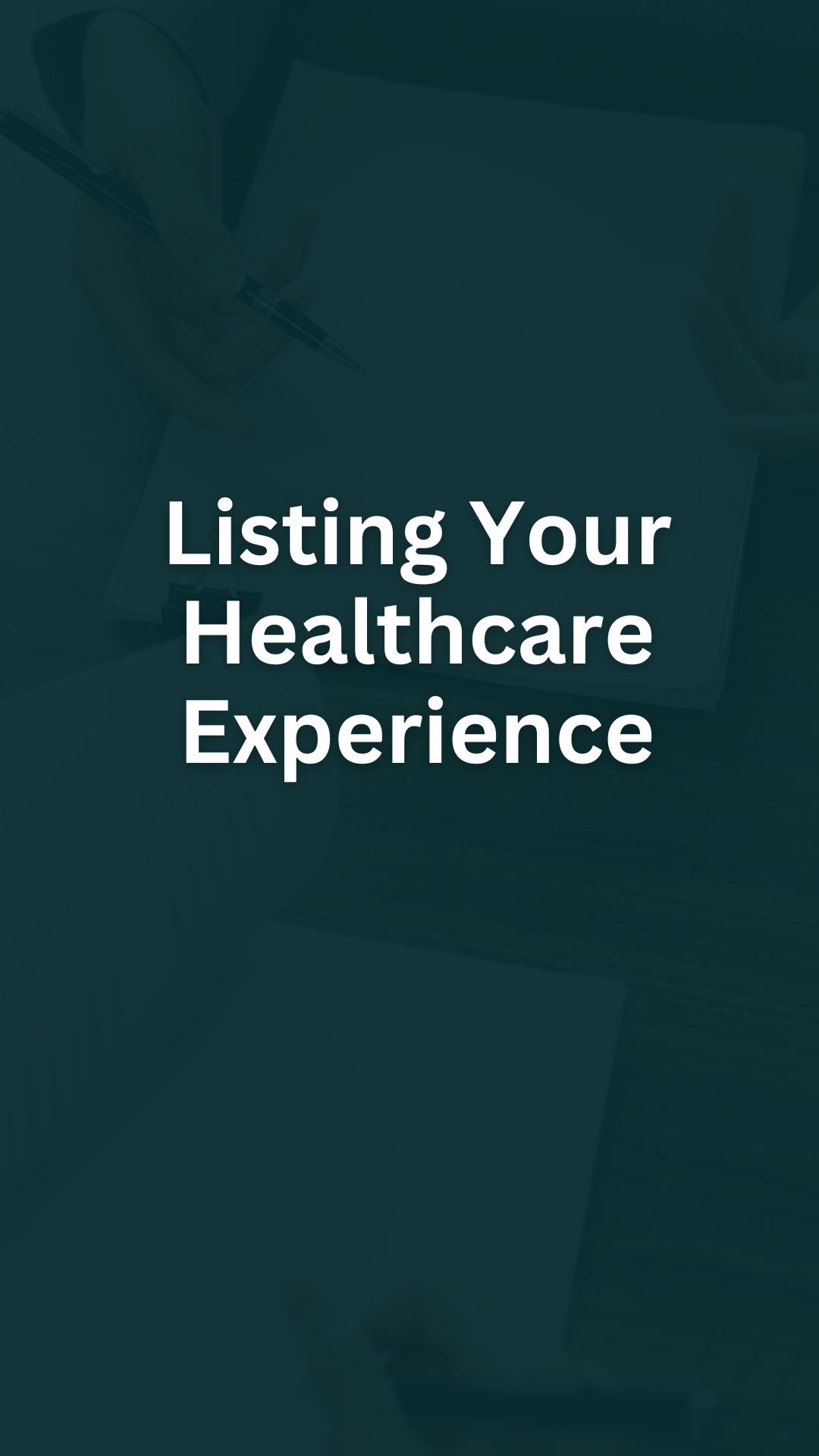
Listing Your Healthcare Experience
When listing your healthcare experience, focus on the specifics. Highlight key responsibilities, notable achievements, and relevant medical procedures you’ve handled.
Key Responsibilities
Detail the primary tasks you performed in your healthcare roles. Include job titles and locations.
- Patient Care: Explain how you provided direct care. For example, “Administered medication to up to 30 patients daily.”
- Team Coordination: Mention any teamwork aspects. “Collaborated with a team of 15 nurses.”
- Administrative Duties: Don’t forget the paperwork. “Managed patient records and scheduled appointments.”
Breaking down these tasks clarifies your daily impact and demonstrates your skills.
Achievements and Recognition
Showcase your standout moments in healthcare. Include any awards or special recognitions.
- Awards: Did you win “Nurse of the Month”? Mention it!
- Certifications: List relevant certificates. “Certified in Advanced Cardiac Life Support (ACLS).”
- Special Projects: Talk about unique projects. “Led a quality improvement project reducing patient wait time by 20%.”
Achievements highlight your dedication and effectiveness in your role.
Relevant Medical Procedures
Detail specific procedures you’re experienced with. This showcases your hands-on skills.
- Common Procedures: Mention frequent tasks. “Performed phlebotomy and IV insertions.”
- Specialized Skills: List advanced procedures. “Assisted in laparoscopic surgeries.”
- Equipment Proficiency: Include any equipment you confidently handle. “Proficient in using ECG machines.”
By listing these, you demonstrate your hands-on expertise and readiness for different medical scenarios.
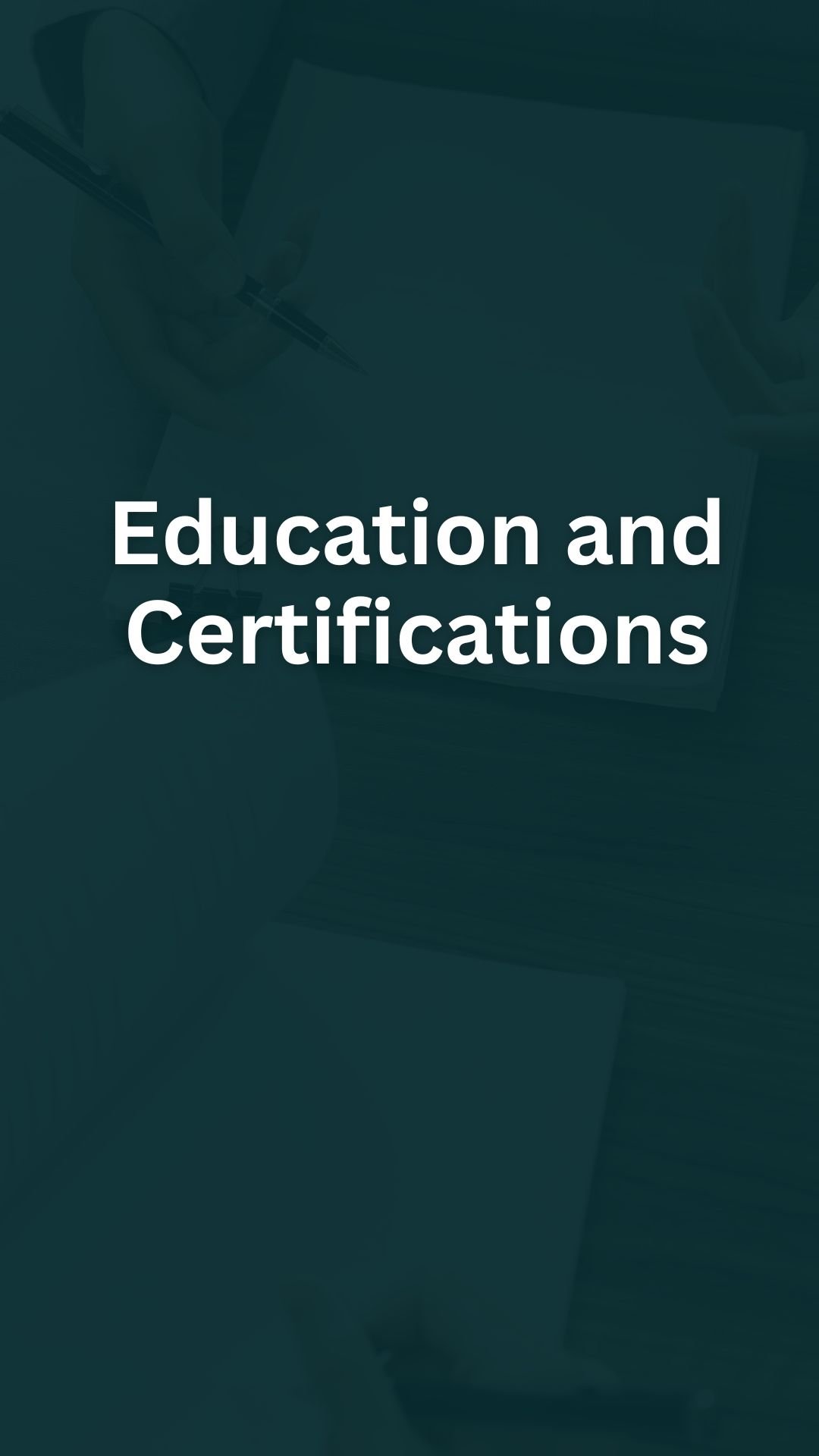
Education and Certifications
To land a healthcare job, you need the right education and certifications. This includes degrees that match the job, licenses to practice, ongoing education, and memberships in professional groups.
Relevant Degrees
Start by listing your degrees that relate to the job. For most healthcare jobs, you’ll need at least a bachelor’s degree in a relevant field.
Doctors require a medical degree, while nurses typically need a Bachelor of Science in Nursing (BSN). Include the school name, degree earned, and graduation date. If you have any honors or special projects, note them too.
Licenses
List any licenses you have that are needed for the job.
Doctors might need a state medical license, while nurses often need a Registered Nurse (RN) license. Be sure to include the licensing body, license number, and expiration date.
Keeping these up to date is crucial, so employers know you’re qualified and ready to work.
Continuing Education
Healthcare is always changing, so show that you’re keeping up by listing any continuing education courses you’ve completed.
This could be workshops, seminars, or certifications like Advanced Cardiac Life Support (ACLS). Highlight the topics you studied and how they help you perform better in your job.
This shows potential employers that you stay current with new knowledge and skills.
Professional Memberships
Belonging to professional groups shows that you’re committed and connected in your field.
Mention any memberships in groups like the American Medical Association (AMA) or the American Nurses Association (ANA). Include the group’s name, your role if you hold a position, and how long you’ve been a member.
This can show your dedication and ongoing involvement in the healthcare community.

Highlighting Soft Skills and Technical Expertise
When applying for healthcare jobs, it is important to showcase both soft skills and technical expertise. These skills set you apart from other candidates.
Soft Skills
Soft skills are personal attributes that help you work well with others and handle stressful situations. Highlight these in your resume to show you are well-rounded. Here are a few examples:
- Communication: Clearly explain medical information to patients and colleagues.
- Empathy: Show care and concern for patients’ well-being.
- Teamwork: Collaborate effectively with other healthcare professionals.
- Time Management: Prioritize tasks and manage your schedule efficiently.
Technical Expertise
Demonstrating technical expertise proves you have the knowledge and skills needed for the job. Include certifications, specific procedures you can perform, and any relevant technology experience. Here are some key technical skills to mention:
- Electronic Health Records (EHR): Proficiency in using EHR systems.
- Laboratory Techniques: Familiarity with lab procedures and equipment.
- Patient Care: Experience with patient assessments, treatments, and monitoring.
- Medical Coding: Knowledge of coding and billing practices.
Table: Example of Skills to Highlight
| Soft Skills | Technical Expertise |
|---|---|
| Communication | Electronic Health Records |
| Empathy | Laboratory Techniques |
| Teamwork | Patient Care |
| Time Management | Medical Coding |
Tailoring Your Resume for Each Application
Customizing your resume can significantly increase your chances of landing a healthcare job. Focus on using keywords and addressing specific job descriptions.
Using Keywords
Using the right keywords is crucial. Many employers use automated systems to screen resumes. Include specific terms from the job posting in your resume.
These keywords often include job titles, skills, and qualifications.
Example keywords:
- Job Titles: Nurse, Medical Assistant, Healthcare Administrator
- Skills: Patient Care, Record Management, Regulatory Compliance
- Qualifications: Certified Nursing Assistant (CNA), Registered Nurse (RN), Bachelor’s in Healthcare Administration
Pro Tip: Include these keywords naturally in your work experiences, skills, and education sections. Don’t overstuff your resume with a lot of keywords; it should still read well.
Addressing the Job Description
Carefully read the job description to tailor your resume. Match your experience and skills with what the employer is looking for.
Highlight relevant experiences first. Make sure your resume showcases your fit for the specific role.
Steps to address job descriptions:
- Identify Requirements: Make a list of the job requirements.
- Match Skills: Align your skills with these requirements.
- Highlight Relevant Experience: Put similar job experiences near the top of your resume.
Example:
If the job requires “experience in patient care,” mention your previous role as a “Patient Care Technician” and describe related duties.
By carefully matching your qualifications to what the employer needs, you show that you’re a perfect fit for the position.

Incorporating Volunteer Work and Internships
Highlighting volunteer work and internships in your resume can make a big difference. These experiences show your dedication and willingness to learn.
Volunteer Work:
- Describe what you did clearly.
- Focus on skills you gained.
- Mention any responsibilities, like organizing events or helping patients.
Internships:
- List relevant internships first.
- Include the name of the organization.
- Explain your role and tasks.
- Share any achievements or special projects.
Example:
| Experience Type | Organization | Role | Responsibilities | Skills/Accomplishments |
|---|---|---|---|---|
| Volunteer Work | ABC Hospital | Patient Assistant | Comforted patients, managed supplies | Improved communication and empathy |
| Internship | XYZ Clinic | Intern – Summer 2023 | Assisted with patient care, data entry | Learned medical terminology, record keeping |
Tips:
- Be Specific: Use specific examples that relate to healthcare.
- Include Dates: Always mention when you did the volunteer work or internship.
- Use Action Words: Start descriptions with action verbs like “assisted,” “organized,” or “managed.”

Writing Effective Cover Letters
A great cover letter can make a big difference when applying for healthcare jobs. It shows why you are the best fit and draws attention to your key skills and experiences.
Structure of a Cover Letter
Your cover letter should start with your contact information at the top. Include your name, address, phone number, and email. After that, write the date. Follow it with the employer’s name and address.
Next, start with a greeting like “Dear Hiring Manager.”
In the first paragraph, introduce yourself and mention the job you are applying for. Explain briefly why you’re interested in the role.
The body of the cover letter should be 1-2 paragraphs.
Highlight your skills and experiences relevant to the job. Use bullet points if that makes it easier to read. Make sure to tie your experiences to the job requirements.
End with a strong closing paragraph.
Mention that you are excited about the opportunity and look forward to discussing how you can contribute. Thank the employer for considering your application.
Customizing for the Role
To make your cover letter stand out, tailor it to the specific job. Research the company and mention something specific about it that appeals to you. This shows that you’ve done your homework.
Use keywords from the job description in your cover letter. This can help to catch the attention of hiring managers and applicant tracking systems (ATS) that scan for these keywords.
Focus on the most relevant experiences and achievements.
If the job requires specific skills, make sure you highlight them. Show how your background makes you a great fit for this role.
Lastly, keep your tone professional but also show your enthusiasm for the position and the organization.
A personalized cover letter can make a strong impression and increase your chances of getting an interview.

Frequently Asked Questions
Learn how to build a standout healthcare resume, even if you have no prior experience. Discover tips on summaries, skills, job responsibilities, and tools to create the best resume.
What essential elements should be included in a healthcare resume for someone without prior experience?
Include your name, contact information, and an objective or summary.
Highlight education, certifications, and relevant volunteer work. Emphasize transferable skills like teamwork, communication, and problem-solving. List any internships or relevant courses.
Can you provide examples of compelling summaries for a healthcare resume?
Example 1: “Passionate and dedicated recent graduate with a degree in Nursing, seeking to apply my skills and knowledge to provide high-quality patient care. Eager to contribute to a dynamic healthcare team.”
Example 2: “Motivated healthcare assistant with certifications in CPR and First Aid. Committed to delivering compassionate care and improving patient health outcomes.”
How can I highlight my skills on a healthcare resume effectively?
Create a skills section and use bullet points.
Include skills like attention to detail, empathy, and medical terminology. Use action verbs like “assessed,” “coordinated,” and “assisted.” Tailor your skills to match the job description.
Where can I find a free healthcare resume template that’s easy to use?
Search online for free healthcare resume templates on websites like Canva, Microsoft Office, or Google Docs.
These platforms offer user-friendly templates that you can customize to fit your needs.
What job responsibilities should I include on my resume when applying for healthcare positions?
Include responsibilities like assisting patients with daily activities, recording vital signs, and maintaining patient records.
Mention specific tasks like administering medication, coordinating with medical staff, and ensuring patient comfort and safety.
Which resume builder is highly recommended for creating a healthcare resume?
Consider using online resume builders like Canva, Zety, or ResumeGenius. These tools offer healthcare-specific templates and step-by-step guidance. With their help, you can create a polished and professional resume.
